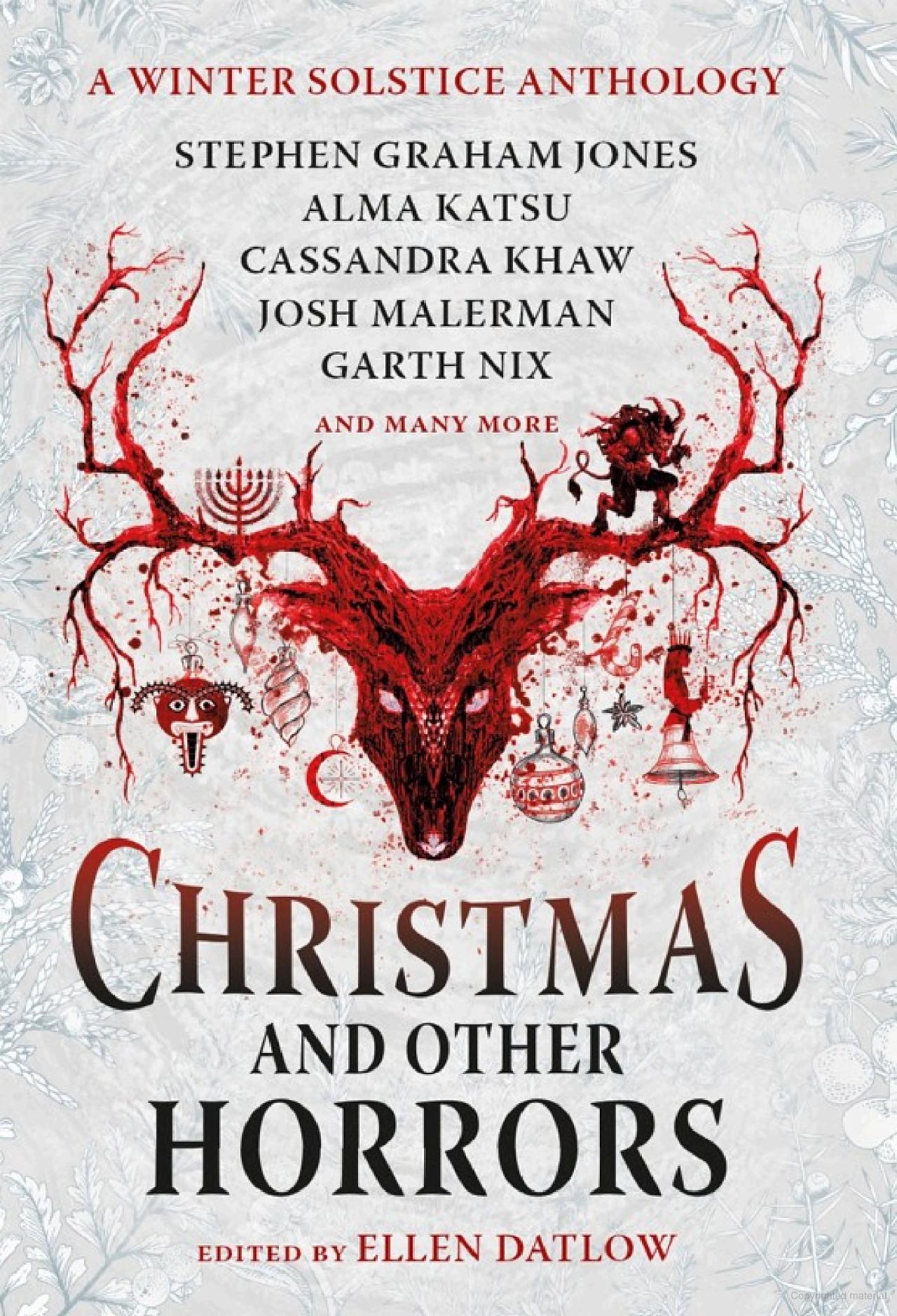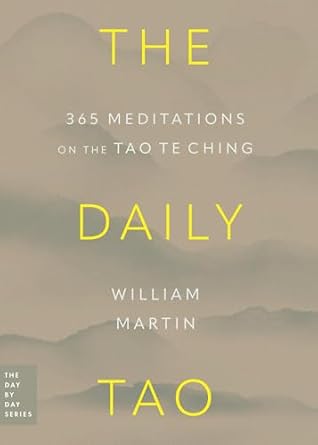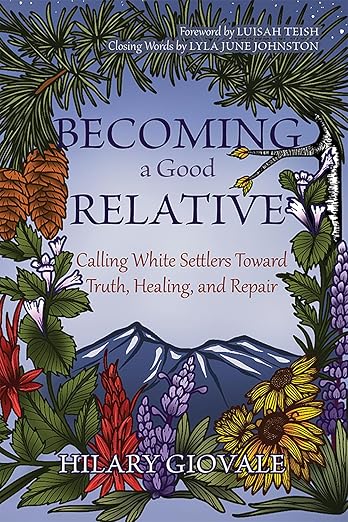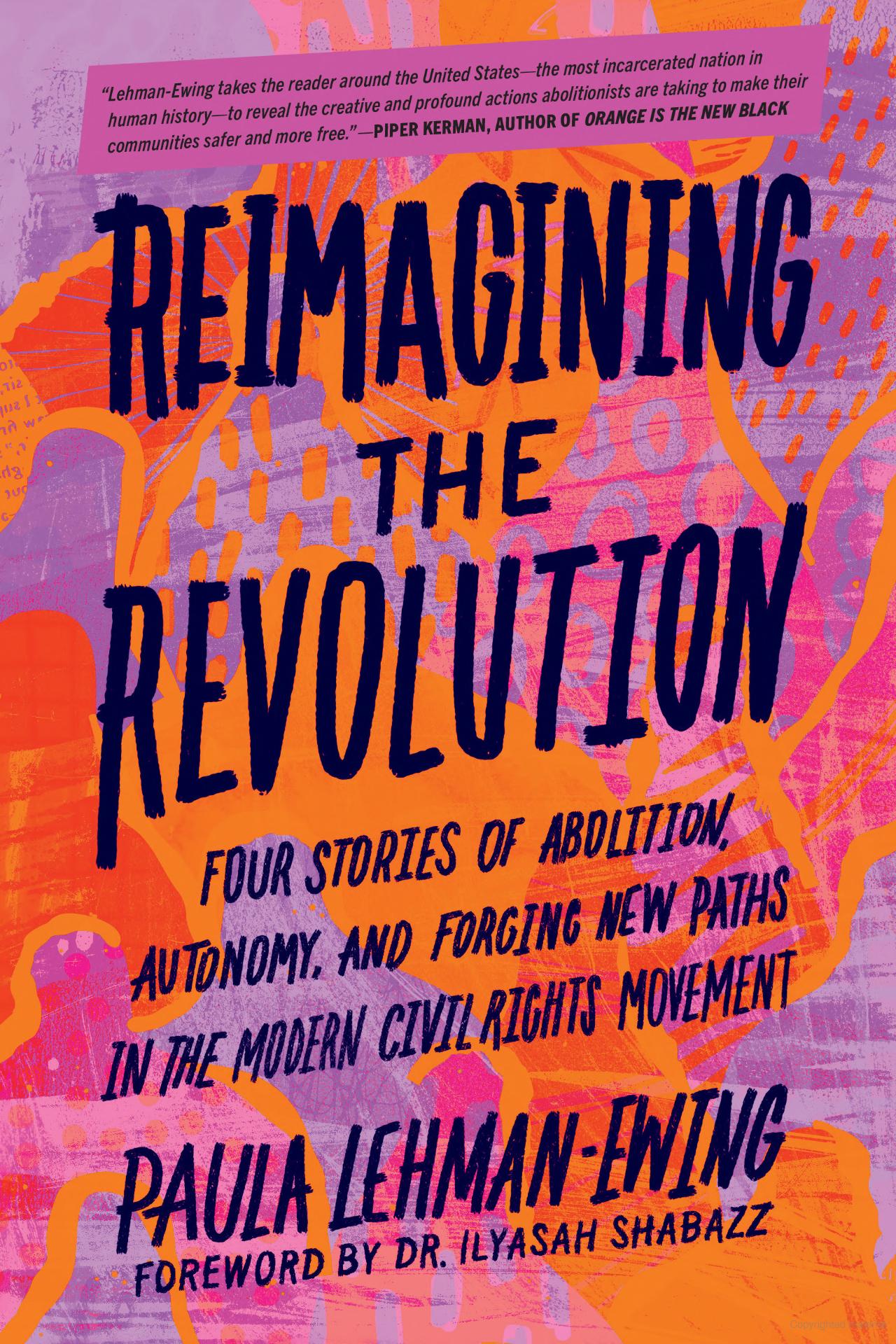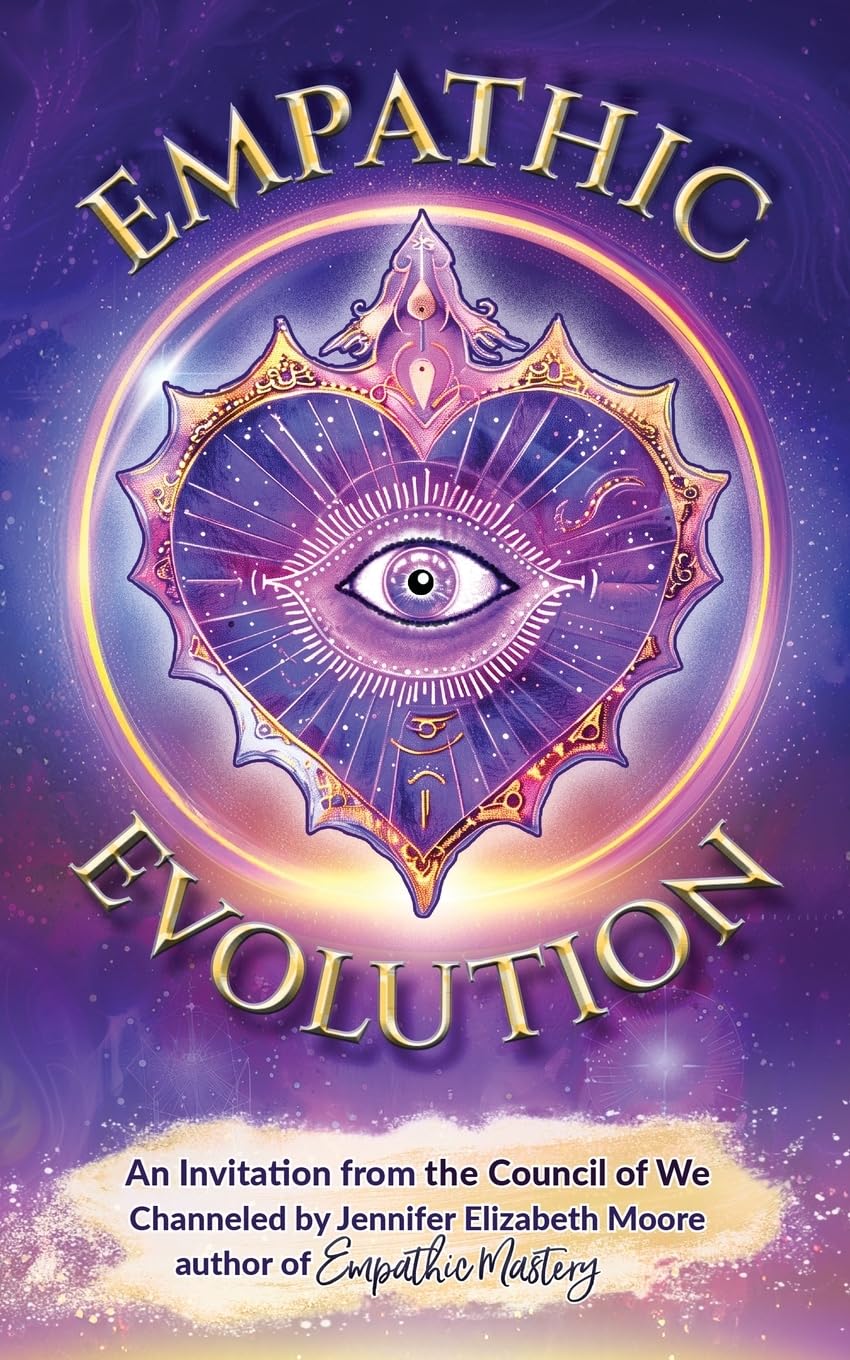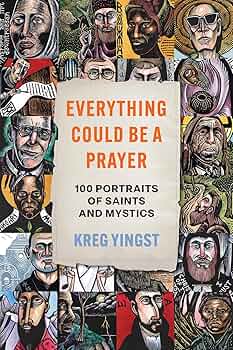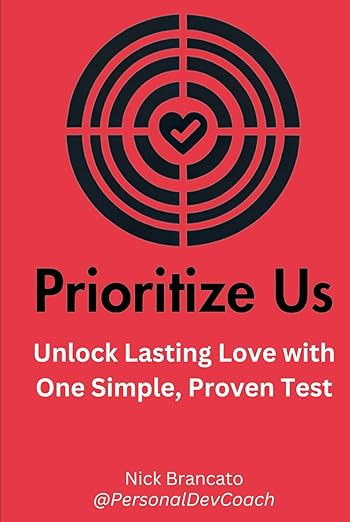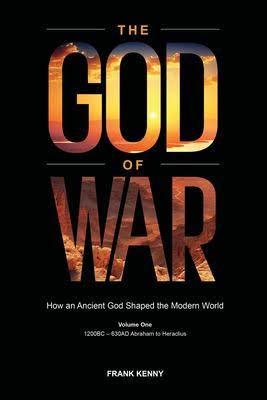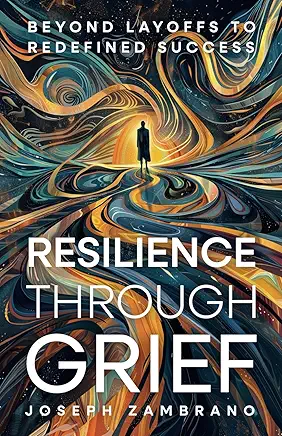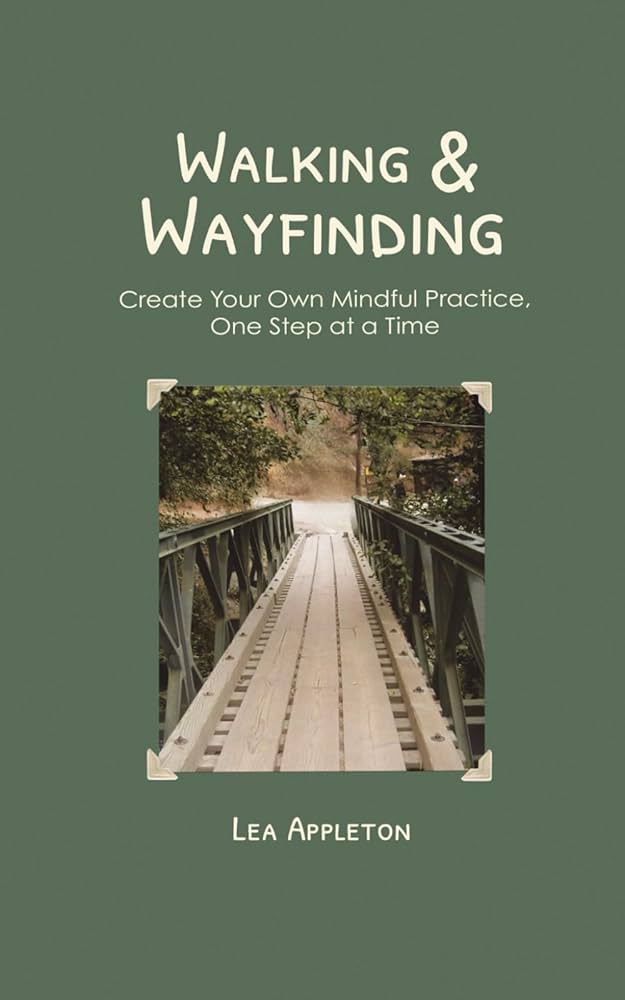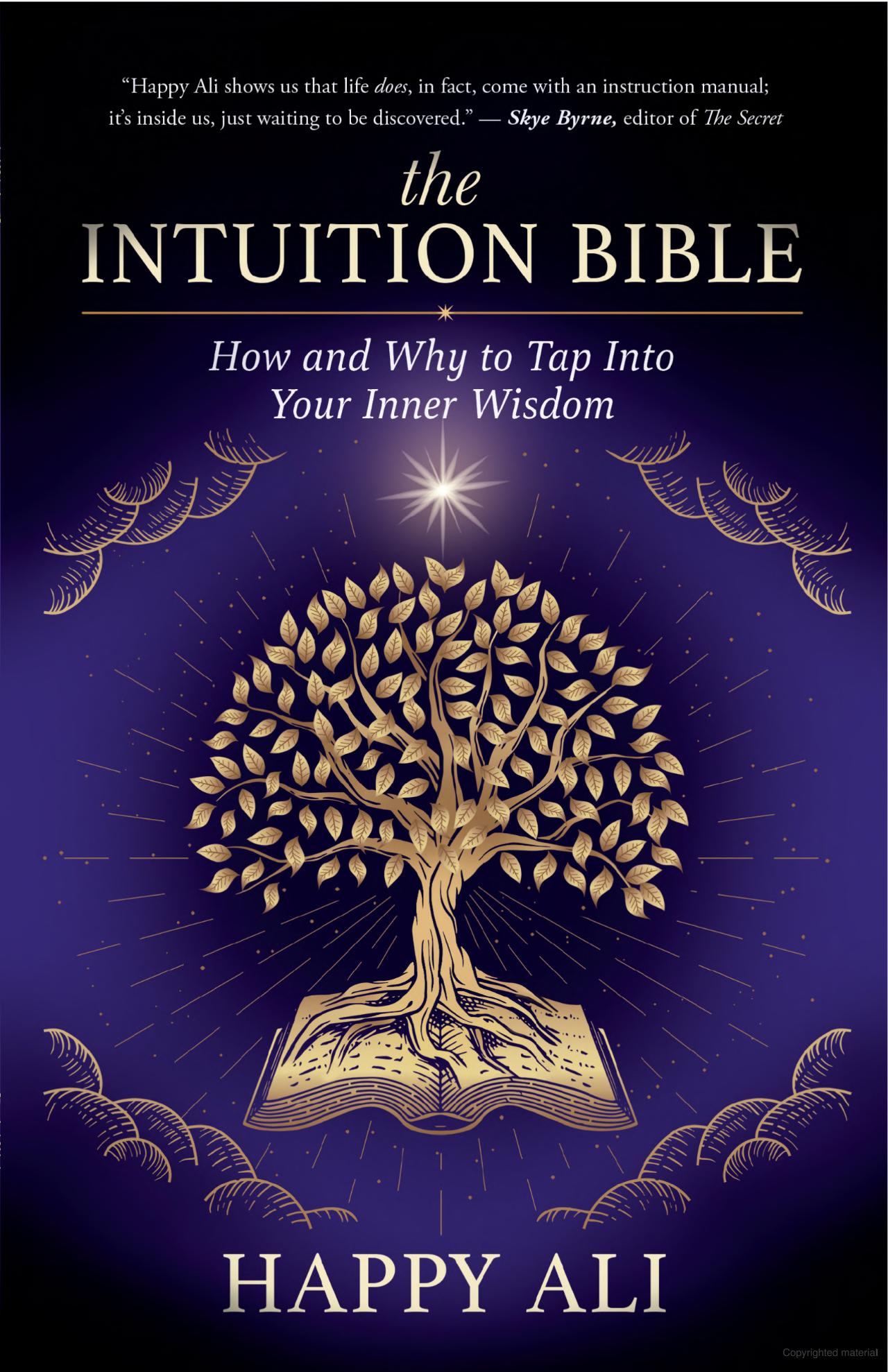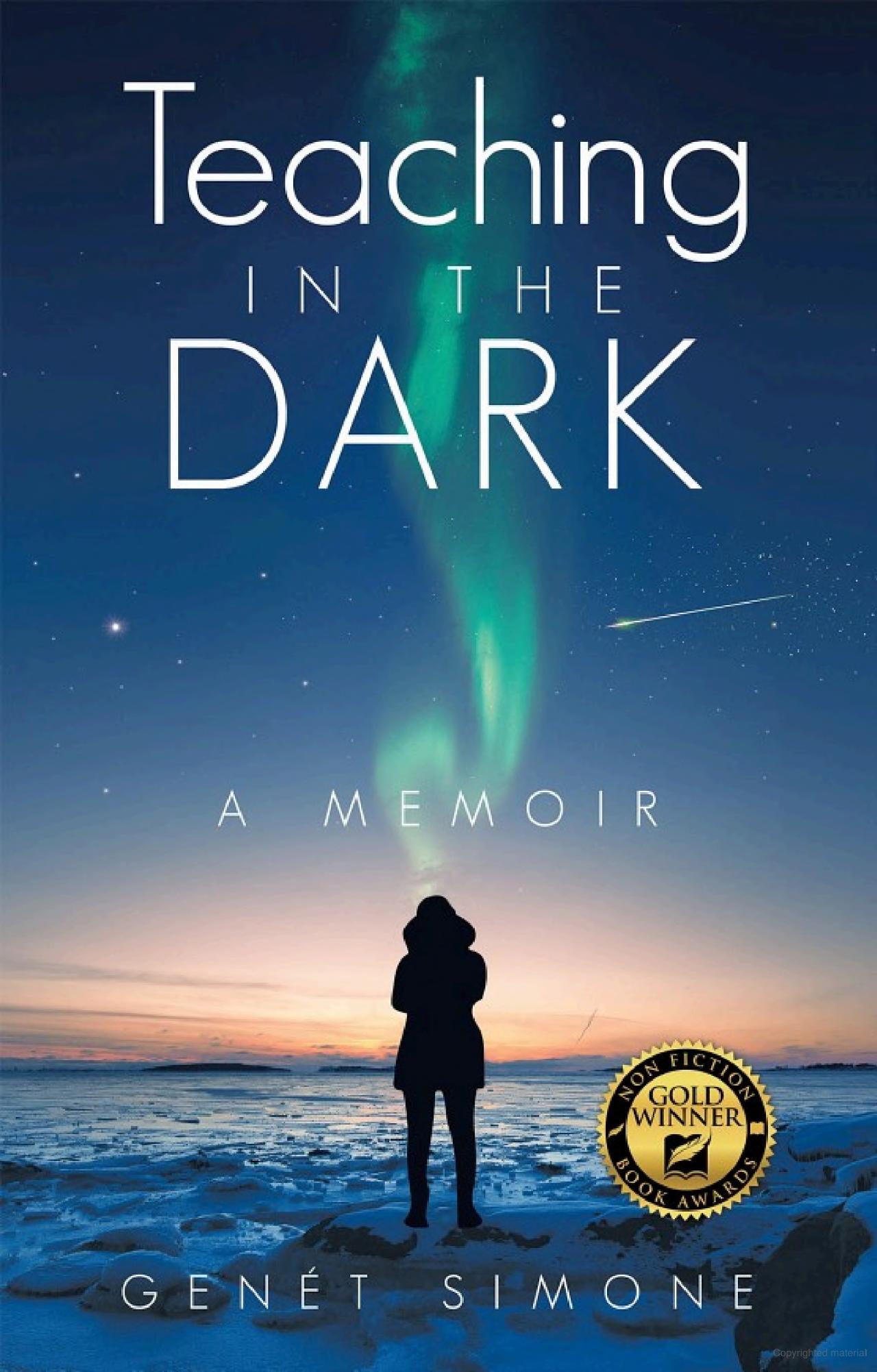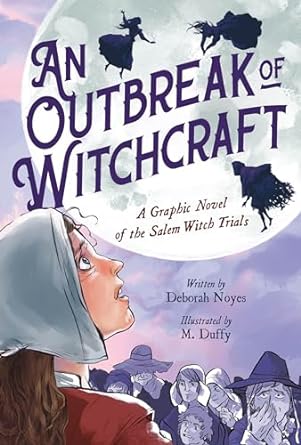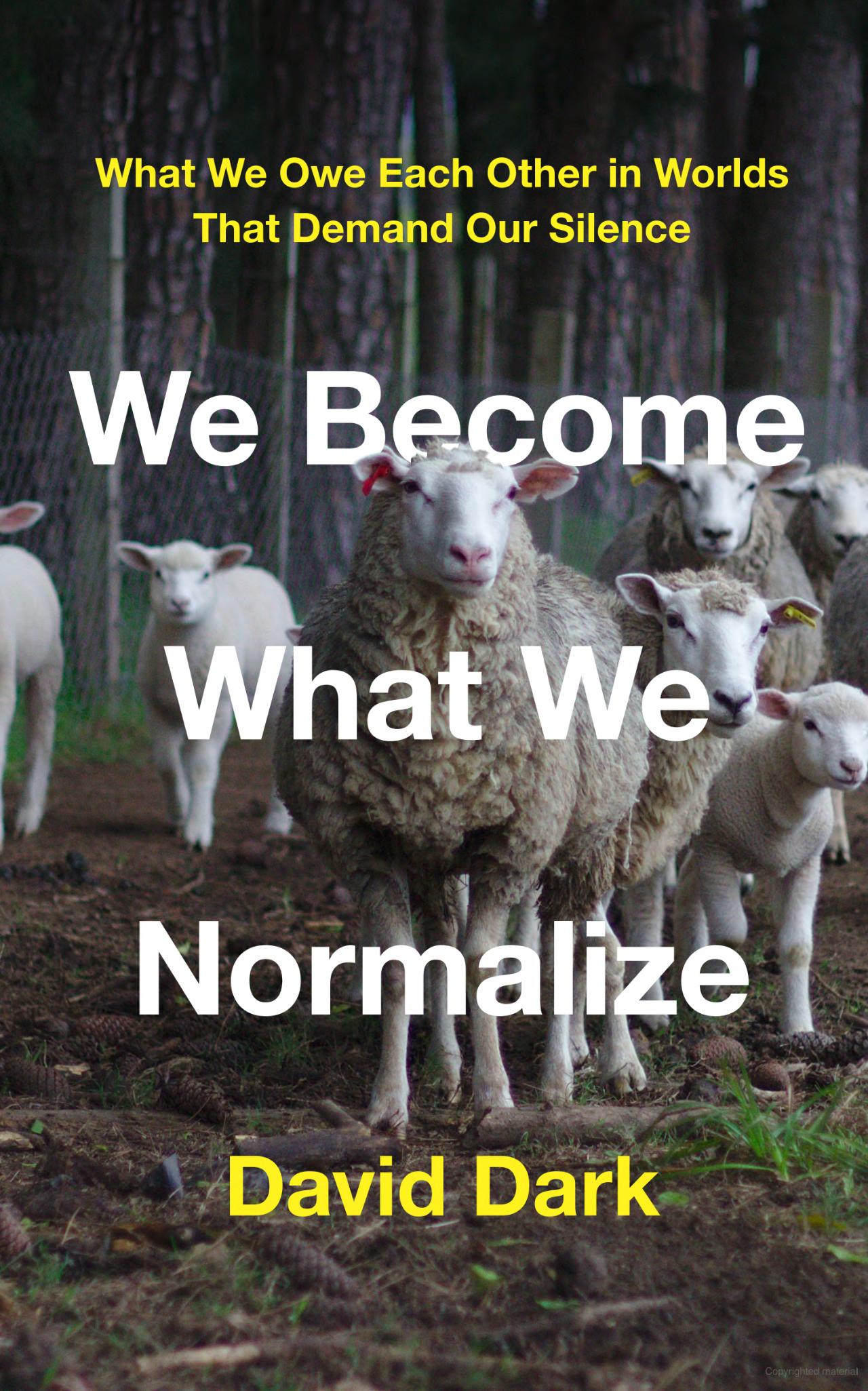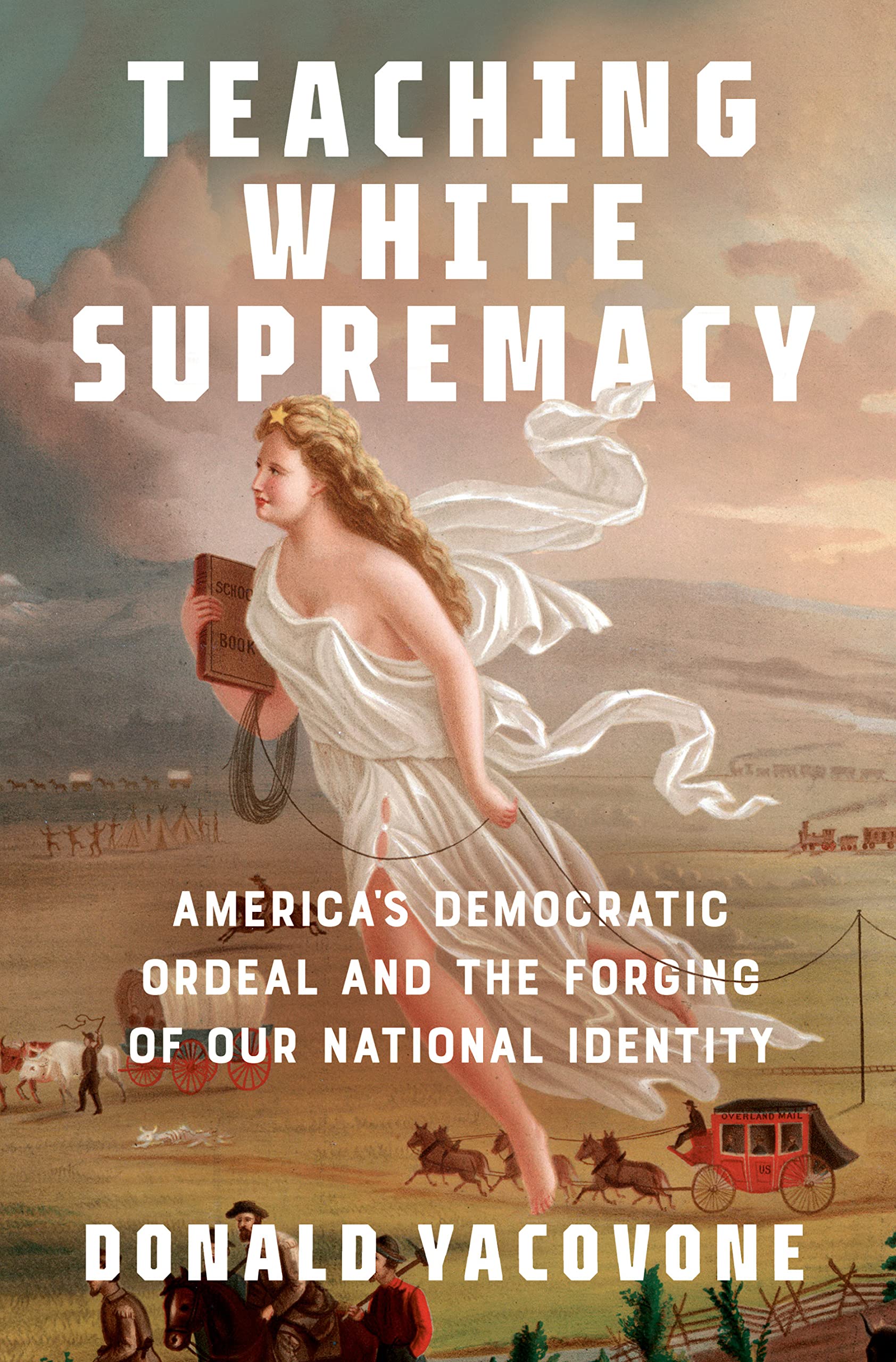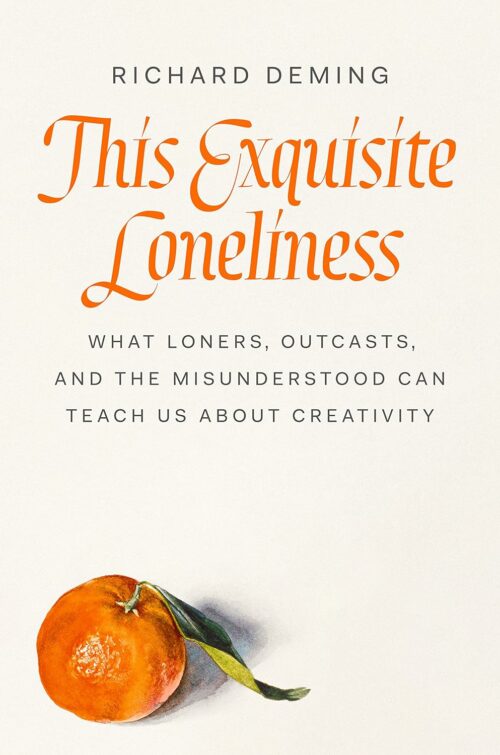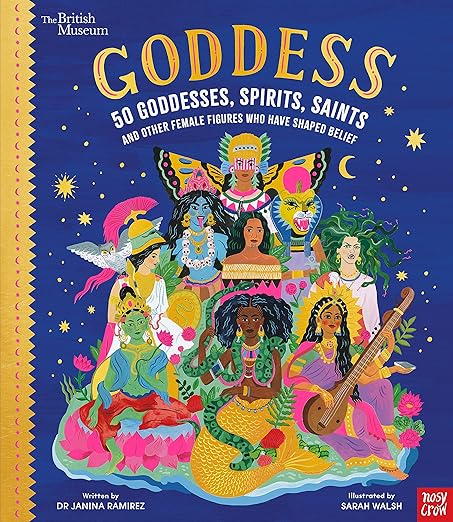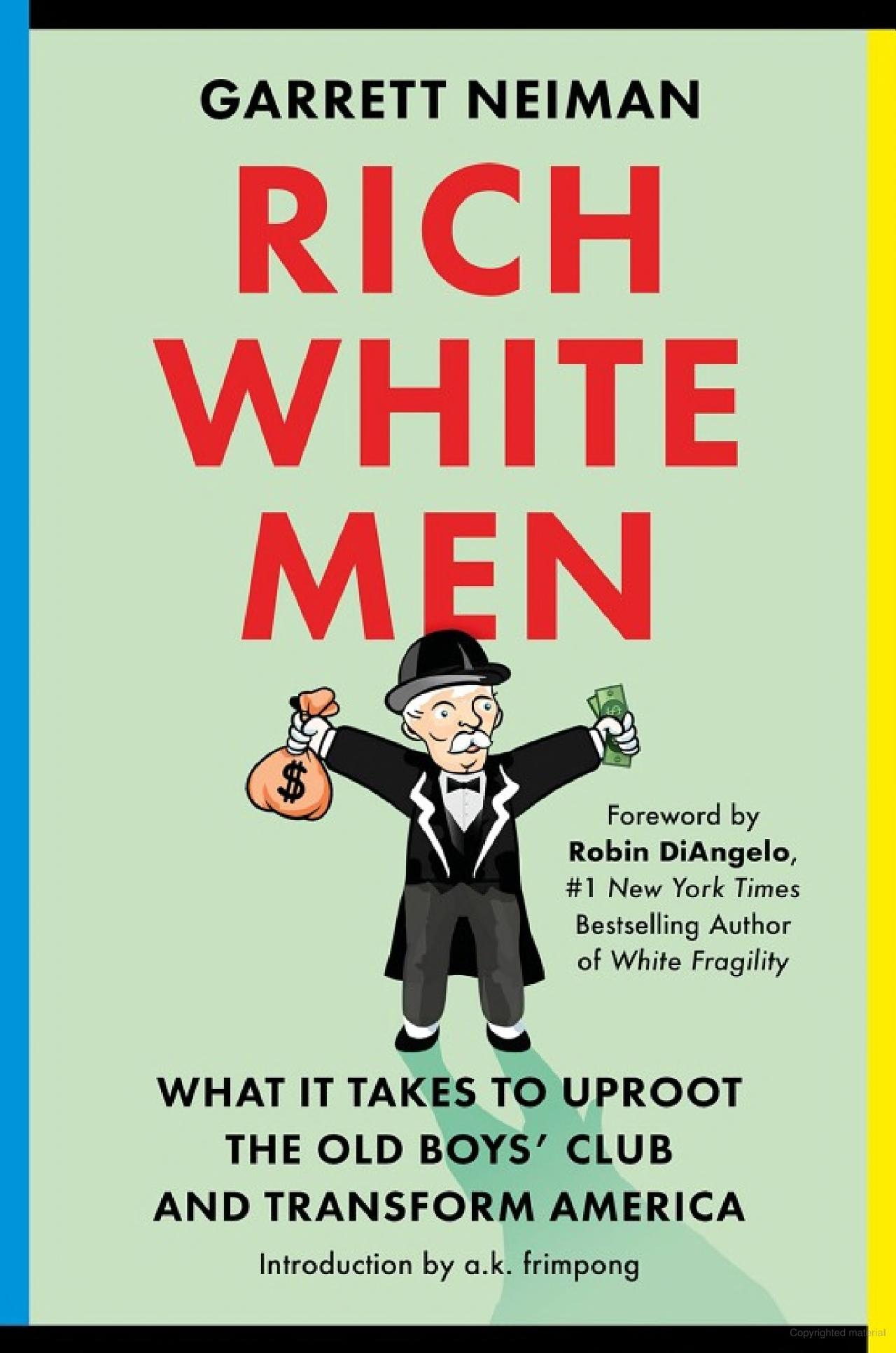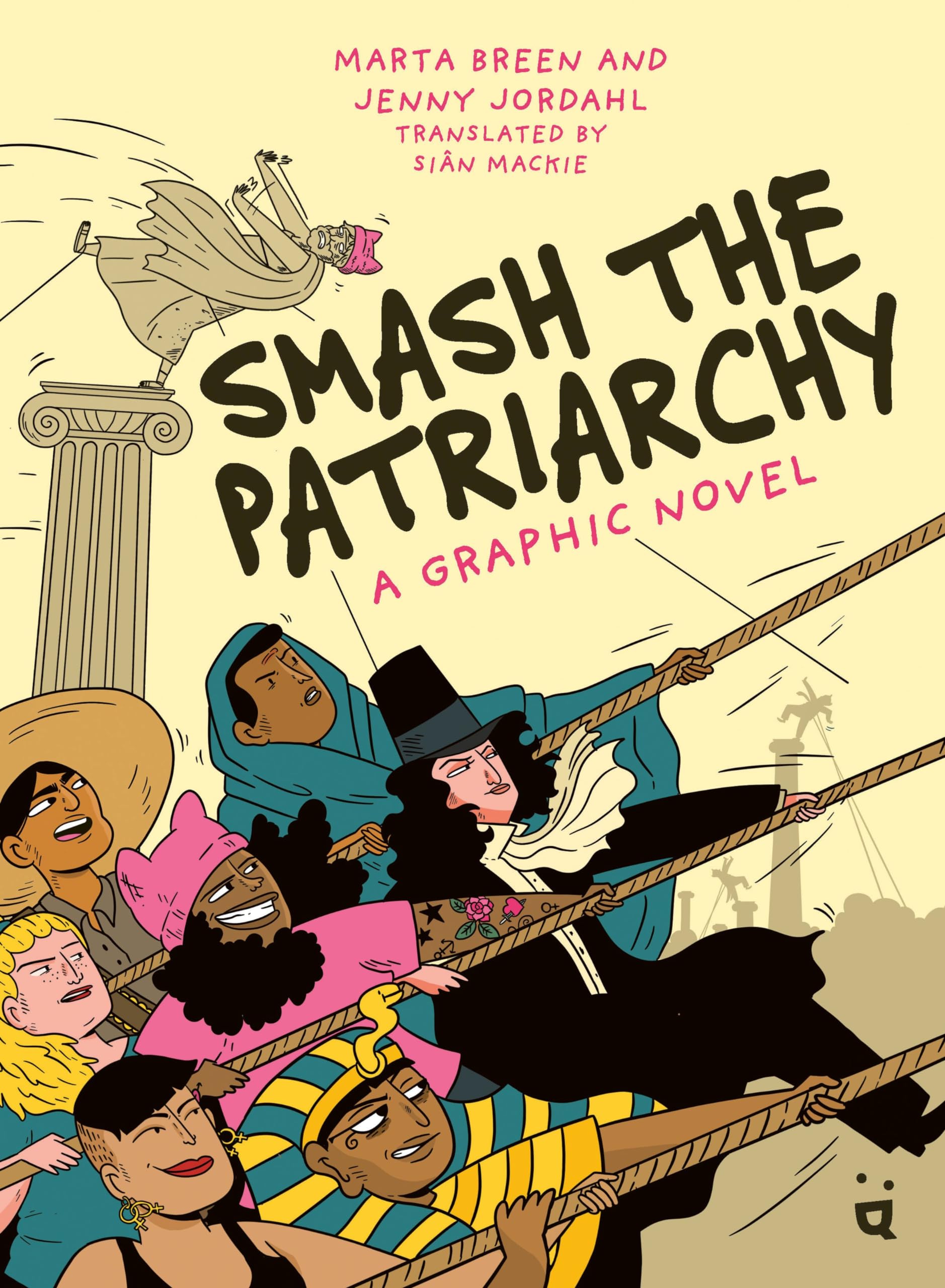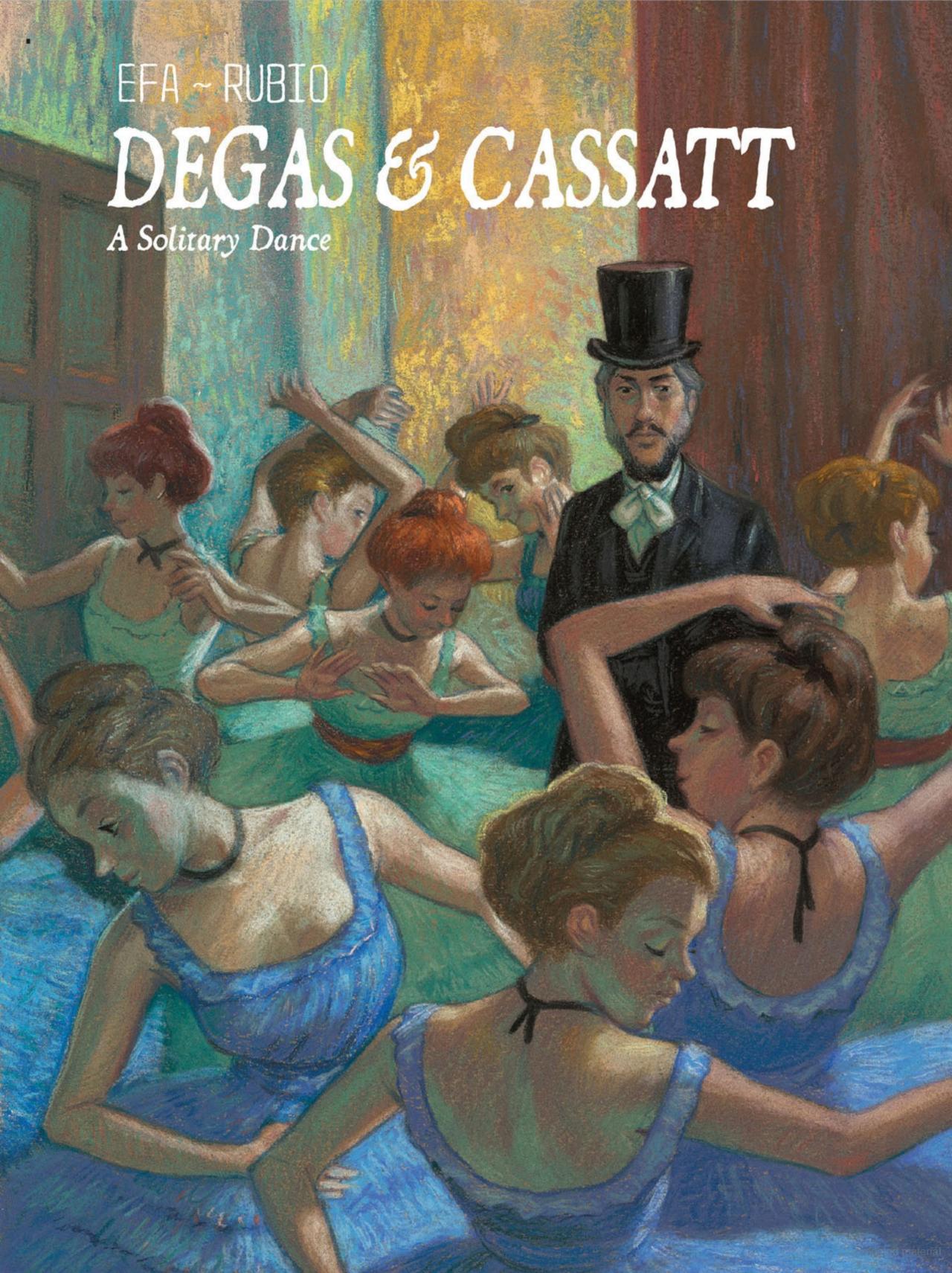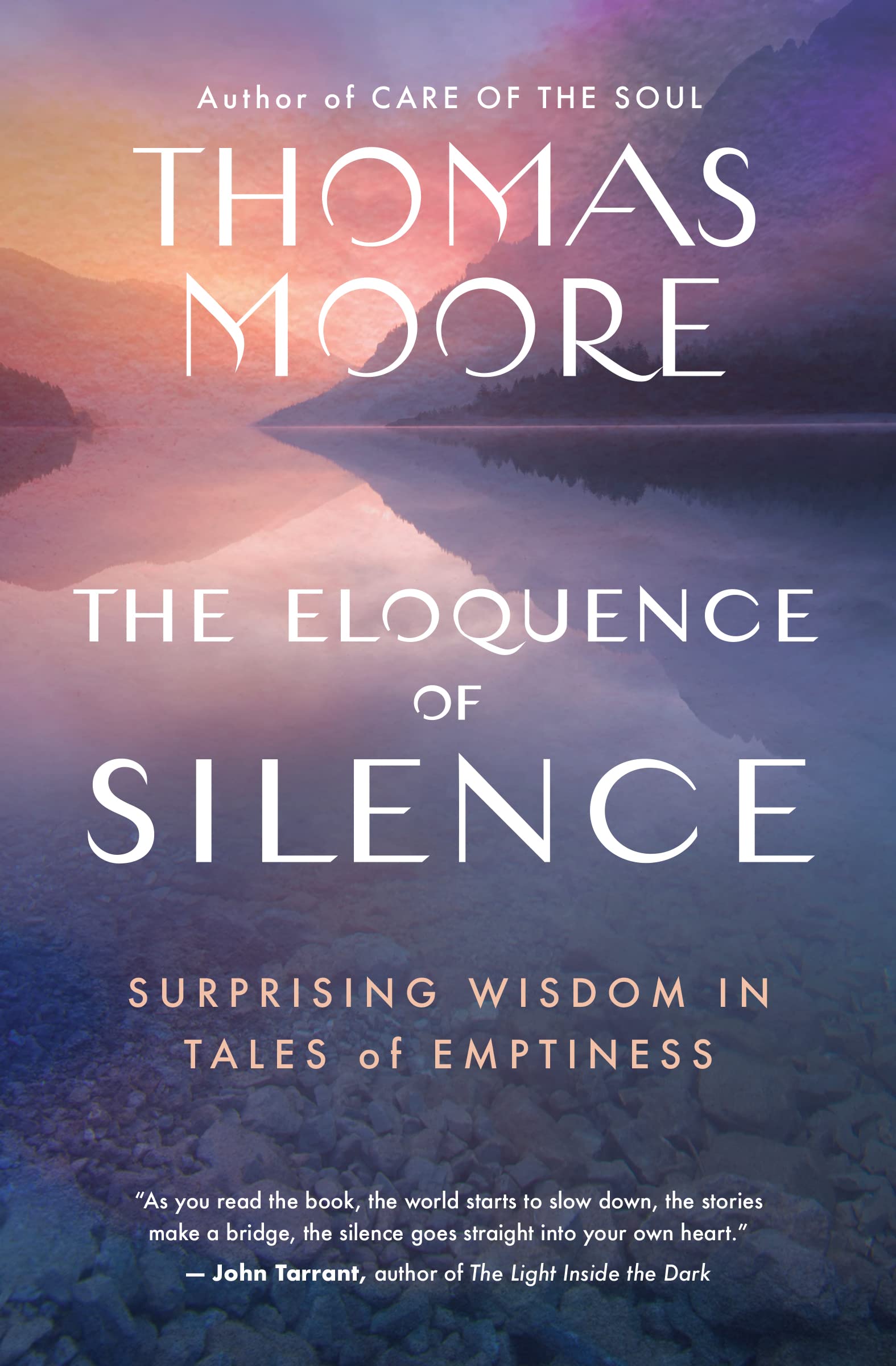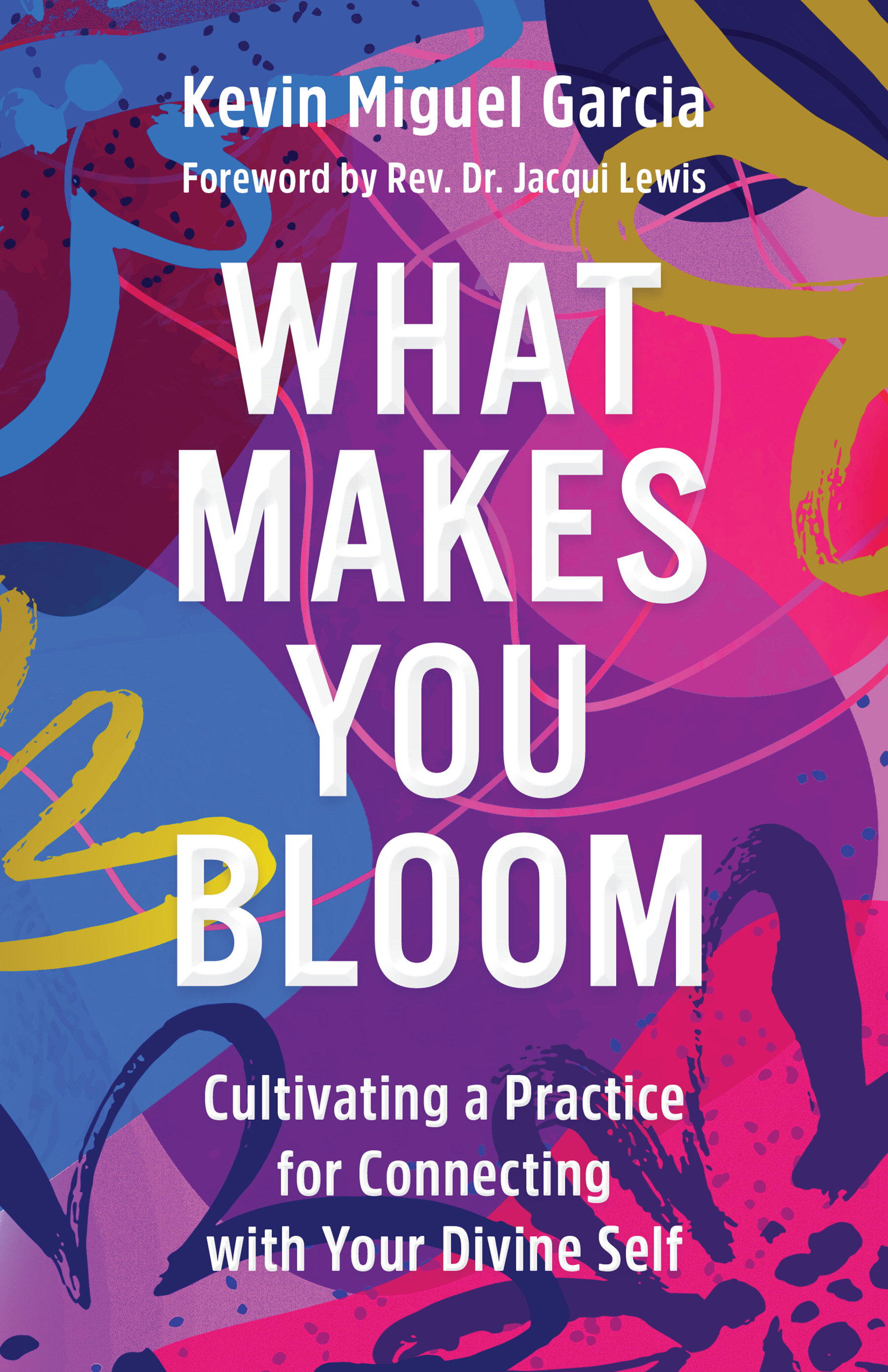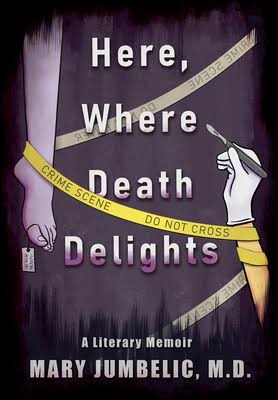Saturday, December 28, 2024
Christmas and Other Horrors
Welcoming winter comes with rituals and ceremonies that mark the changing seasons. While traditions have evolved to emphasize the return of the light in winter solstice commemorations, this time of year is punctuated by cold, dark nights. Some may even harbor unnameable evils and forgotten lore. Hugo-award-winning author Ellen Datlow curates and edits a collection of original short stories in "Christmas and Other Horrors." This anthology features a diverse range of authors, including Cassandra Khaw, Garth Nix, and Gemma Files, each bringing their unique perspective to the theme of horror. Each story tells a scary tale, sometimes a haunting, often a predation of physical and mental safety by the supernatural and otherworldly.
What truly sets these stories apart are the unique storytelling styles of the authors. They bring to life little-known myths and folklore from different parts of the world. Nick Mamatas’ “The Blessing of the Waters” blurs the lines between the sacred and the unholy, while Alma Katsu's "His Castle" offers a fresh perspective on the legend of Mari Lwyd, weaving in a commentary on social ills.
Some of us read horror because we enjoy good old-fashioned reckoning. The authors are adept at anchoring each story solidly in place, featuring characters who are both likable and vile. We root for certain characters while others get what they deserve. Nadia Bulkin's exploration of trauma and harm, and Stephen Graham Jones' examination of different sides of complicity, add a thought-provoking layer to the anthology. In the season of lights and frights, "Christmas and Other Horrors" is an enjoyable read that makes bleak, wintry, chilly nights even more unsettling.
Saturday, December 14, 2024
The Daily Tao
"The Daily Tao" by William Martin is a collection of one year’s worth of meditative readings about Laozi’s Tao Te Ching. Written over 300 years ago, the Tao has endured among the preeminent texts explaining Eastern traditions of self-knowledge and mastery. Taoist teacher and Qigong practitioner William Martin offers essential teachings from the classic text of Chinese philosophy, spirituality, and moral guidance. In the book, Martin provides an overview of Eastern thought and his approach to making it relevant in everyday life. By emphasizing the lessons of stillness and being in the present moment, Martin compiles a thoughtful collection of meditative prompts beneficial to anyone seeking guidance for self-reflection and ease.
I have been a student of Buddhism for almost twenty years. In my evolving understanding of Mahayana Buddhism, I have come to understand the impact of the Tao Te Ching on how China adopted the precepts of Buddhism in its cultural contexts. However, one does not need to understand Chinese history and philosophy to derive meaning, strength, and inspiration from //The Daily Tao.// Martin's deep knowledge of the wisdom of the Tao is evident in his ability to explain its value to readers from all backgrounds. The author’s daily practice of compassion and mindfulness is apparent in the approachability of the text, which is suitable for readers of diverse spiritual persuasions.
Saturday, November 16, 2024
Becoming a Good Relative
Hilary Giovale has devoted her life to understanding the erased history of her white ancestors and healing from the harms of whiteness. In "Becoming a Good Relative," Giovale offers her transformative journey of grappling with ancestral memory to understand her inheritance of whiteness in a colonial paradigm. Her exploration of her Scottish and Irish ancestry, seeking parallels with Indigenous perspectives that honor the land and all beings, has led her to a profound understanding of the harms of settler-colonial perspectives. Through a narrative that weaves profound realizations about cultural amnesia and socioeconomic inequities. Giovale advocates for wealth redistribution, reparations, and truth-telling as necessary steps toward change.
What makes Giovale’s narrative particularly exceptional is the emphasis on humility. She shares her mistakes and how she has humbly made amends, a process that involves listening to Indigenous people, admitting missteps when interacting with cultures not her own, and asking for grace from the people she has unknowingly harmed. While "Becoming a Good Relative" is primarily written for white-identified readers, Giovale has essential lessons about untangling from whiteness for people of all identities. In one way or another, anyone living amid white supremacy internalizes its lessons: who and what is valued, how and why others are subjugated, and how we all are complicit in perpetuating injustice. Giovale invites readers to be more empathetic in our journeys of changing perspectives and embodying respectful relations.
Friday, November 15, 2024
Reimagining the Revolution
Paula Lehman-Ewing, a seasoned journalist, presents her work “Reimagining the Revolution,” which delves into the modern prison abolition movement in the United States. Mass incarceration affects the lives of countless Black and Brown individuals and their families, perpetuating systems of oppression and inequities. Lehman-Ewing profiles organizations and people leading social justice movements to address the root causes of inequities: infrastructure, community development, and economics. The author highlights the groundbreaking work of organizations such as Critical Resistance and the United Black Family Scholarship Foundation, which are led and supported by those most affected by the racist carceral system.
Abolition is not an impossible dream. The author’s writing is characterized by fortitude and directness, as she offers a call to action to pay attention and act. Lehman-Ewing recommends four strategic steps to show readers how those most impacted by the interlocking systems of oppression are developing solutions that work best for communities of color.
Brutality and violence are the tools of police and prisons. Rather than fix a broken system, Lehman-Ewing offers a vision for abolition embodied in everyday practices for anyone. In her role as a storyteller, the author weaves her own reflections into the narrative. She is clear about her position as a witness, not a central player.
Monday, November 11, 2024
Empathic Evolution
If you identify as an empath, then you understand yourself as a highly sensitive individual who takes in the thoughts, feelings, and sensations of the world around them, often processing these as if they were your own. As an empath, you may be looking for guidance on how best to protect one’s energies, by setting boundaries, releasing burdens, and cultivating joy.
In her latest release, “Empathic Evolution,” healer and mentor Jennifer Elizabeth Moore offers guidance and support for empaths navigating their sensitivities. Moore advises empaths to engage in grounding practices, stay connected to their bodies, and embrace creativity and joy to process emotions. Trusting in the divine and allowing oneself to relax are highlighted as essential for protection and safety. Moore shares helpful strategies for navigating emotional healing and warns against spiritual bypassing. Through actionable practices such as breathwork, meditation, acts of kindness, among others, empaths and spiritual seekers can embrace their gifts for healing, fostering community, and divine guidance.
Moore’s advice resonated deeply for me on my path to deepen my understanding of healing from ancestral trauma. What was most powerful about Moore’s message was how empaths can nurture their abilities and inclination for helping and caring for others, while also staying grounded in safety and connection. As a student of Buddhism who subscribes to the dharma of suffering, I appreciated Moore’s discussion about spiritual bypassing. She notes that spiritual bypassing is the practice of seeking bliss by “tuning out all awareness of the suffering, violence, and abuse of power.” It allows individuals to stay in a "happy bubble" and ignore the misery around them. Moore criticizes spiritual bypassing for not contributing to true spiritual evolution.
“Empathic Evolution” encourages self-acceptance, recognizing one's worthiness, and practicing generosity and collaboration to foster abundance. Reflecting her life’s work in supporting sensitive women, Moore writes in a reflective and supportive tone. Although she dispenses advice, her tone is consistently calming, comforting, and encouraging. Overall, the book serves as a tool for empaths to achieve emotional and spiritual wellness.
Saturday, November 9, 2024
Everything Could Be a Prayer
Yingst is a renowned American illustrator and block artist whose works are in private collections and museums. In the book’s introduction, he shares how the pandemic, a time of collective suffering and reflection, allowed him the time and attention to devote to the meditative act of offering devotions to faithful and dedicated figures in the Christian church. The project evolved to incorporate human and civil rights icons who risked their lives to speak truth to power and create change.
"Everything Could Be a Prayer" is a brilliant and uplifting collection of profiles that manifests kindness, generosity, gratitude, and service to others. One can use the book as a meditative reader; each prayer and life story is a compass for virtuous living.
Sunday, November 3, 2024
Prioritize Us: Unlock Lasting Love
For partnerships to endure and overcome challenging times, couples must communicate honestly about their priorities and expectations. This open dialogue can bring relief, as it helps prevent conflicts stemming from deeper, unresolved differences in what each partner values most. Personal development coach and educator Nick Brancato shares practical strategies for couples to enhance their collaboration through "Prioritize Us: Unlock Lasting Love with One Simple, Proven Test." Drawing from his decades of experience working with individuals and couples, the author offers practical tools for couples to identify, understand, and realign their priorities. Among these tools is the Total Difference Score (TDS) system, which measures alignment between partners' life priorities. According to Brancato, misaligned priorities can create stress, tension, and unmet expectations in relationships, and invite readers to reflect upon their own experiences in their relationships.
By aligning priorities, couples can work together on open communication, increasing empathy, and acting intentionally to navigate differences and build a collaborative partnership. Brancato offers valuable tips for improving communication, including regular check-ins and adjustments as life circumstances change to ensure both partners feel seen, heard, and supported. He advocates for regular discussions about priorities, urging partners to listen without judgment and express their needs clearly.
One piece of advice that stood out for me is Brancato’s challenge for readers to take communication about priorities a step further by turning priorities into meaningful goals. This process of goal-setting can be empowering, as it provides a clear path for personal and relationship growth. In business settings, the SMART goal framework – an acronym for specific, measurable, actionable, relevant, and time-bound – ensures goals are clear and achievable.
Successful relationships require willingness from both parties to put in the work of intentional tending and continuous effort. Being married for more than a decade, I found Brancato’s advice relevant and applicable to couples at any stage in their relationship. Any opportunity to learn about each other opens the doors for a greater understanding of what the other person needs to thrive and be whole in the relationship. The book shares discussion prompts that are useful for guiding communication, for example: "Which priority feels most neglected right now?" or "How can we support each other's top priorities more effectively?" Actionable advice and exercises can help couples navigate conflicts, set meaningful goals, and celebrate progress. The exercises invite truthful and candid responses to name values, goals, and priorities.
Advice offered in //Prioritize Us//is organized and designed to be accessible and practical, offering clear and actionable steps. Brancato’s way of dispensing information is both methodical and supportive, making it easy to follow and apply the concepts. This book can serve as a helpful guide for couples intent on enhancing their connection. Readers will learn that they can co-create a balanced, fulfilling relationship by turning priorities into specific, actionable goals and tracking progress.
Saturday, November 2, 2024
Zawa + The Belly of the Beast
The guardian spirit of a revered mountain has been secluded and hidden away, with nothing to feed on but sludge and garbage. Meanwhile, the people of Mesa’s Boon are obsessed with industrialism’s decay, with the mayor forbidding the planting of trees. An urban legend about monsters hiding in the bowels of the mountain has been around for a while.
Few things nourish the heart and spirit more than meals created with love and shared with friends. Siblings Bandit and Thatcher Blackbird stumble upon the guardian, Zawa, who is derelict and unrecognizable after a long period of neglect. She regains her strength through food lovingly prepared by Chef Bandit. Soon, the accomplices learn of Zawa’s true nature and the lies they long believed to be the truth. Helping her escape will mean defying powerful leaders and convincing others to change their ways.
Zawa and the Belly of the Beast is a vibrant and compelling tale that warns against the spoils of unchecked development and industrialization. The story instills hope by showing how young people can make a difference by being smart and relying on each other. Writer and illustrator Michael Dialyna builds upon myths of mountain deities as protectors of the land. The bright and vivid colors bring out both the disgusting wasteland of urbanization and the inviting beauty of the wilds. The metaphor of food and feasting figures prominently in the story, as nourishing the environment back to health requires intentional offerings.
Editor's Note: This review was originally published in Chicago Book Review.
The God of War
Abrahamic religions have shaped the modern world. In the age of globalization, the monotheistic belief systems of Judaism, Christianity, and Islam have an outsized influence across the globe. Religious researcher and historian Frank Kenny, in his book "The God of War," offers a unique perspective on the wars and conflicts throughout time that influenced the development of Christian doctrine, church history, and the role of religion in people’s lives. Kenny's work stands out for its comprehensive exploration of the geopolitical and religious dynamics of the region, highlighting the influence of various empires and the spread of monotheistic religions.
Through a critical analysis of Biblical accounts, he presents a thorough and nuanced analysis of the theological developments and debates within early Christianity. The author discusses the development of the concepts of the nature of God, the divinity of Jesus, the Kingdom of God, and salvation. Kenny thoroughly explores the persecution of Christians by Roman authorities and the development of a “martyrdom cult,” a part of the early Christians' responses to religious oppression.
“The God of War” is an apt title for a book that delves into the enduring legacy of religious and political conflicts. These conflicts, which contributed to the fall of the Roman Empire, have given rise to new powers and persistent divisions within Christianity. Kenny's objective stance on scripture and the gospel, presented in an engaging style, is a catalyst for critical thinking about the interplay between religion, politics, and society.
My interest in the book stems from my lifelong critique of Christianity from a decolonial perspective. I sincerely appreciate Kenny’s factual approach to presenting Biblical conflicts from a historical perspective and showing how war and conflict have defined the modern era. History enthusiasts, academics, and anyone curious about the interplay of political and religious dynamics would find value in the book. For Christians, the book offers a respectful invitation to engage with the text, fostering an attitude of learning about different perspectives and interpretations of history.
Saturday, October 19, 2024
Resilience Through Grief: Beyond Layoffs to Redefined Success,
For many adults, work is central to the core of our identities. Being appreciated for a job well done gives life its meaning and purpose. When regretful transitions happen at work – losing out on a promotion or being laid off – one must endure a palpable loss and grief. Texas executive Joseph Zambrano has been in the trenches of leadership in the healthcare industry and eagerly wrote about the lessons learned from facing many challenges in his career. In his book, Resilience Through Grief: Beyond Layoffs to Redefined Success, Zambrano shares his story of discovering leadership strengths through job loss and the global pandemic. The book is structured to first delve into Zambrano's personal experiences, then to offer insights and advice, and finally to provide practical strategies for readers to apply in their own lives. His experiences show how grief can lead to lasting transformations, such as building resilience, fostering personal growth, and enhancing emotional intelligence.
The book is a great read not only for leaders and managers in various sectors but also for professionals at different stages of their careers who are working through personal or professional challenges. Whether you're a seasoned leader with decades of experience or a young professional navigating the early stages of your career, Zambrano, who identifies as a Hispanic man, shares relevant and valuable insights. I read the book from my point of view as a leader with more than 20 years of industry experience. The author’s depiction of his bosses – the effective ones and some who are toxic – is all too relatable. Dehumanization happens too often in work environments with leaders who lack empathy and respect for their workers. Through his analysis, the author weaves in his understanding of power plays and how to sustain one's humanity while navigating company culture.
Resilience Through Grief: Beyond Layoffs to Redefined Success is a guidebook for finding strength in vulnerability and fostering leadership in the face of challenges. Beyond sharing advice for weathering workplace transitions, Zambrano offers practical insights about understanding oneself and others, underscoring the ability to shift perspective toward what truly matters. He advocates that leaders develop a shared sense of humanity in their teams and always lead with empathy. Ultimately, there is more life than the status afforded by one’s profession. Zambrano stresses the importance of perspective-taking and work-life balance in charting a new path toward healing and resilience.
Sunday, October 13, 2024
Walking & Wayfinding
Every step toward self-awareness requires pause and intention. In “Walking and Wayfinding,” hiker, author and certified coach Lea Appleton imparts transformative knowledge she gained from preparing for the pilgrimage walk through the Camino de Santiago. Despite the pandemic altering her plans, she discovered the profound gifts of mindfulness, awe and inspiration. For instance, she shares a practice of mindful walking that she adopted during her journey, a practice that now guides her everyday life. This is just one of the many life lessons that she presents in the book, lessons that can help readers chart a path that is truly their own.
The book is a practical and meditative tool for harnessing the potency of walking. It invites the reader to create a sustainable and invigorating practice for one’s body, heart, and mind. Appleton’s experience in spirituality shines through in her intelligent and contemplative approach to wayfinding. Beyond simply a physical exercise, she makes the case for wayfinding in the inner and outer worlds.
Appleton's mastery as a coach, a role she has held for over a decade, is palpable in her writing, which seamlessly blends elements of healing and guidance. Her work revolves around self-exploration and unearthing profound questions, and this approach is mirrored in the concise essays about her musings and epiphanies that are scattered throughout the book. As a coach, she has guided numerous individuals on their own journeys of self-discovery, and this wealth of experience is evident in her writing.
Appleton's journaling prompts are not mere exercises but powerful catalysts for a transformative journey of self-discovery. They inspire readers to find their own significance in the act of walking and how it can reshape their lives, thoughts, and interactions with the world.
From my perspective and exposure to various forms of meditation, such as breathing, sitting, and walking meditation, Appleton’s distinctive voice emerges as a captivating addition. Her insights and practices have resonated deeply with me, serving as a gentle reminder to pay attention and notice both the external and the inner world.
Saturday, October 5, 2024
The Intuition Bible
Trusting one’s inner knowledge requires insight, intentionality, and practice. Happy Ali breaks down the fundamental steps necessary to harness personal wisdom through “The Intuition Bible,” a guidebook that aligns with the interests of readers in spirituality, metaphysics, and personal development. Ali offers his gifts as a spiritual coach whose practices are informed by psychology, diverse spiritual traditions, and natural talents for receiving and interpreting ultra-sensory information and messages. Ali challenges the notion of our society’s biases toward rational or scientific inquiry, which leads many to neglect or abandon their intuitive abilities. Ali presents techniques and exercises for empaths and intuitives to employ and channel their potential.
Ali writes in an approachable way, mirroring their content on social platforms like Instagram and TikTok. I approached the book from my vantage point as spiritually agnostic, with some knowledge of diverse practices like prophetic dreams, understanding chakras, and clairvoyance. From my cursory knowledge of these topics, I understand there are cultural, spiritual, neuroscientific, and psychological explanations for the gift of intuition. Ali does not explicitly cite the sources for the strategies shared in the book. This is fitting for a book that challenges logical and objective thought processes for discovering personal truths. Much of intuition is trusting information from sources beyond what is physically observable and transcends the analytical mind.
Sunday, September 22, 2024
Teaching in the Dark: A Memoir
“Teaching in the Dark’ is one woman’s memoir about finding her life’s purpose as a teacher while living in Shishmaref, Alaska, a city on an island on the Chukchi Sea. Genét Simone writes about her experiences as a first-year high school teacher from Seattle, traversing cross-cultural boundaries while interacting with the Indigenous Iñupiaq peoples. Simone shares detailed recollections of life inside and outside the classroom, from living in a cabin without a flushable toilet to teaching literature without a curriculum.
The memoir also highlights adventure. From witnessing the Iditarod dog sled race to taking a trip to Little Diomede on the Bering Strait, readers join Simone in exploring the wild places near the Arctic Circle that are remote and untouchable to this day. Where else could a first-year teacher gain wondrous, once-in-a-lifetime experiences like eating fresh whale meat and reindeer herding? In the wintertime, Shishmaref is a dark, far-flung, and frigid place with only about three hours of daylight. Living in the village, she gained a deep appreciation for the lives of her students and their families. Stepping outside of the comfort zone of her lower 48 existence, Simone learns valuable lessons about grace, selflessness, and humility. She understands the importance of trusting others and self-reliance in a close-knit Native community.
“Teaching in the Dark” showcases Simone’s heartful and genuine voice. I was touched by the numerous teachable moments—both heartwarming and heartbreaking. Simone shares her vulnerable realizations about how much she did not know about the art of teaching. Every encounter with the locals taught important lessons about being an educator and lifelong student.
Saturday, September 14, 2024
An Outbreak of Witchcraft
The Salem Witch Trials affected only a small English colony in a relatively short period of U.S. history, yet it continues to capture the imagination. In the graphic novel "An Outbreak of Witchcraft," researched and written by Deborah Noyes and illustrated by M. Duffy, the collaborators tell of the events of the Salem Witch Trials of 1692 when 20 innocent people were put to death. Several young women who fell ill with a mysterious disease shared damning testimony and accused their neighbors of casting spells.
In recent years, many books and documentary films have attempted to rewrite the narrative of the infamous period in history, marked by mass hysteria. This graphic novel differs in its approach because it presents the socio-historical and political contexts of the trials, while also depicting the court testimonies filled with fantastical and horrific visions captured in detail in court records. Thus, the reader gets insights into the 16th-century imagination that included encounters with the devil, shape-shifters, and familiars.
The title signifies that fear, anxiety, and the lack of trust spread like an infectious disease within the community beleaguered by famine and a rough winter. Puritanical perspectives led them to believe that afflictions and disasters are God’s punishment, for evil thoughts, words, and deeds.
Sunday, July 14, 2024
We Become What We Normalize
In the age of divisive and explosive cultural, religious, and political rhetoric that often plays out in social media, silence and complicity are common responses. When ideas borne out of reactivity – like demonizing women, migrants, and critical race theory – are shouted from the highest platforms and go unchallenged, we perpetuate and contribute to harm. Author David Dark challenges readers to exercise discernment, examine power, practice critical thinking, and avoid the reactionary impulse to join a bellowing crowd for survival’s sake. In "We Become What We Normalize," the acclaimed public intellectual wields a sharp critique of Whiteness, privilege, and authority that ensures the continuation of dysfunctional systems and institutions.
This book is an essential read, especially as Americans approach yet another tenuous political election cycle. There are voices of dissent from all sides of various issues, and most people who do not feel strongly about a concern are often voiceless and unheard. Whether fueled by indifference or anxiety, the decision to refrain from engaging in difficult but necessary conversations allows harm and violence to prevail. When individuals recognize their agency to interrupt deleterious power-over gatekeeping and gaslighting, we can change fear- and shame-based discourse to focus on our collective thriving. There is hope that by pondering Dark’s words, some of us may harness the courage and “authentic humanness” necessary to overcome systemic evils.
Saturday, June 22, 2024
Teaching White Supremacy
Historian Donald Yacovone exposes evidence of America’s entrenched and enduring legacy of White Supremacy in its education system through "Teaching White Supremacy: America's Democratic Ordeal and the Forging of Our National Identity." Reviewing countless manuscripts, literary works, history books, and other primary sources, Yacovone identifies the continuous thread of racist and Eurocentric ideologies that ignored the Black American experience, justified and downplayed the brutality of slavery, and emphasized racial domination in the cultural narrative of the United States. The history of teaching history in American public schools in the US has always centered on White Anglo-Saxon ideals promoted by Northern writers. Yacovone painstakingly documents the incessant denigrating representation of enslaved Africans and Indigenous people in children’s textbooks. While the institution of slavery metastasized in the South, Yankee thinkers and authors sustained the invisibility of race and, in so doing, perpetuated and reinforced racism.
As educators and parents contend with the backlash against multiculturalism, it is important to understand the roots of the problem. Teaching White Supremacy is a critical addition to the profusion of texts naming the pre-eminence of the legacy of structural and institutional racism in U.S. society. What sets this book apart is Yacovone’s stature and lifetime expertise as a scholar and researcher of African-American history. His deep knowledge of the long arc of prejudiced beliefs and attitudes informs opportunities to rethink the past and defy the supremacy of Whiteness in American cultural identity.
Saturday, June 15, 2024
This Exquisite Loneliness
In "This Exquisite Loneliness," poet and critic Richard Deming pens an arresting and piercing analysis of the experience of profound aloneness and isolation from others. Deming excavates his own experiences in exploring both discontent and creative fervor as he examines the lives of six phenomenal figures, including writer Zora Neale Hurston, psychoanalyst Melanie Klein, Twilight Zone creator Rod Serling, and artist Egon Schiele. Part memoir and part character study, the author brings us to the recesses of his struggles with drug and alcohol addiction and relates his bouts with intense abandonment to the known lived experiences of other creatives
Deming pieces together information from autobiographies, interviews, and writings to formulate a coherent study of the extraordinary experience of transcending isolation and despair to create the most original and innovative works of art and writing. We learn that his connection to each of his subjects is deeply personal. For example, he writes about discovering Schiele’s haunting self-portraits as a teenager and Hurston’s works during a pivotal time of transition. Deming often wanders in the territory of an armchair psychologist, and his analysis could sometimes be a stretch. While passages that transition quickly into the author’s self-reflections about his own demons can be quite jarring, I recognize that this book would not be possible without a keen sense of introspection.
Saturday, May 18, 2024
Goddess: 50 Goddesses, Spirits, Saints and Other Female Figures Who Have Shaped Belief
Stories from around the world across millennia have revered female figures and archetypes. Goddess stories have influenced beliefs and practices about women and feminine energy. Cultural historian Dr. Janina Ramirez brings together 50 women deities, saints, and spirits from various cultures in "Goddess," published by The British Museum. The illustrated volume features full-color illustrations by Sarah Walsh that exquisitely render the legend and authority of influential and magical women.
"Goddess" is an excellent introduction to women's empowerment for young readers. While the stories may be short, they can effectively capture the imagination of anyone open to learning enduring myths from different cultures. The book highlights the power of storytelling in shaping beliefs about gender and gender roles. For example, several stories share a connective theme of nature, such as Oshun and her dominance over the river, Pele and the volcano, and Mokosh, the Slavic deity of the Earth.
Another prominent theme is the role of women as both the creator and destroyer, for example, Xiwangmu, ruler of life, death, creation, and destruction, and Gaia, the Greek goddess of creation and death. From Wales to West Africa, "Goddess" illuminates beliefs about the power and agency of women, representing the spectrum of sacred feminine embodiment.
Sunday, May 12, 2024
Rich White Men
"Rich White Men: What it Takes to Uproot the Old Boys' Club and Transform America," is a profound exposition of how intergenerational wealth yields unearned racial and gendered advantages have created deeply unjust institutions. Author Garrett Neiman draws from his years as a nonprofit executive and fund-raiser who had a front-row view of how billionaires think, speak, and act about social issues. Turns out, billionaires have certain viewpoints about race, class, and economic equity that are far removed from the real-life experiences and reality of the average American. Neiman, who identifies as a rich white millennial man, breaks down the mechanics of inherited wealth and how the old boys’ network reproduces inequality.
I read the book from the point of view of an immigrant woman of color from a low-wealth background. Racial equity guru Robin DiAngelo’s foreword sparked my interest in the book. While I am not the target reader demographic, I found Neiman’s approach disarming, honest, and even self-deprecating. He demonstrates ample courage in using his own experiences and revelations to make essential points about interlocking systemic inequities that are based on gender, race, and class. Readers get insights into how the very rich conceptualize poverty and the inherent logical flaws of meritocracy. In addition to personal stories, Neiman supports his claims through research and other data sources. But the author’s personal testimonies make "Rich White Men" a compelling read.
Saturday, April 27, 2024
The New Cadets: The Dream Rangers Book One
Before humans recruited him to become a Dream Ranger, Oliver was a toy Labrador waiting for his career to start. During a fateful meeting with Alex and Amy – humans who can talk to toys – he learned a most curious job prospect: helping children who have nightmares by entering their dreams. Another perk is the possibility of becoming a real-life dog. Another recruiting team, Barbara and Gordon, picked up a toy Dachshund, who was bright and observant. He was the one who spotted the van break-in and detected a toy in distress in the garbage dump.
There was much to learn as the recruits made their way to the Station and Crossover, learning about the peculiarities of their lives beyond toyhood. From picking meaningful names to knowing how to work with a flesh body to understanding their unique abilities, their friendships blossomed. They relished the lessons about kindness, helpfulness, and companionship from novel experiences with each other, their human guides, and fellow rangers-in-training.
Marjorie Burns has created an out-of-this-world series that will draw in both adults and young readers in The New Cadets, a series of chapter books that follows the adventures of the Dream Rangers. As a dog-lover, I was curious about the premise of toy dogs helping children living tough lives who must deal with tearful and terrifying dreams.
It has been a while since I read a book about dogs written for children. I could not put it down; I was emotionally invested from the start. Burns excels in world-building, offering vivid descriptions of locales such as the Outer Station and the Variable Sea. With the delightful artwork of Carolyn Wilhelm, the first installation of The New Cadets brings the lovable recruits to life.
What is fascinating about Burns’ writing style is her ability to show each dog’s personality through their antics and dialogue. There are many characters in the book – both human and dog – and each exhibits a quality of self-awareness and generosity that helps create a supportive community in the Academy. For the recruits, these qualities have helped their transformation as they embrace the challenges of coping with a new reality.
I imagine that young readers in their journeys of change – such as ascending to a higher grade level in school or entering a sports club for the first time – will likely see their experiences reflected through the new cadets. Oliver, Diggity, Caleb, Dilys, Bo, Duncan, and others model the lessons of persistence, empathy, and understanding that are critical for children (and adults) who must navigate everyday challenges and conflicts. It is important to know oneself while learning to work with others with similar values of service and altruism.
Editor's Note: This review was originally published in Los Angeles Book Review.
Friday, April 12, 2024
Soul Archaeology: Creating a Self-Loving, Liberated Life
Sarah Sapora extends an invitation to excavate emotional hurts in the journey toward self-love and lasting transformation. In "Soul Archaeology," Sapora shares her struggles as a plus-size woman in a society that ascribes high value to thinness. Using her own experiences, Sapora offers a refreshing take on body positivity. Traditional self-help advice about self-improvement focuses on before and after. In contrast, Sapora’s approach emphasizes the radical evolution that can only come from deep internal work.
Self-awareness is required to embody self-love. Courage is required to stay accountable and committed to change. Sapora’s background as an educator is evident in her deliberate use of illustrations, charts, and tables to make key points stand out on the page. She invites readers to create a “Self-Love To-Do-List” to guide true and lasting transformation.
Sapora is clear about her audience: women who grew up during the ‘70s, ‘80s, and '90s who have internalized harmful messages about their weight and looks. She writes in an honest and engaging way that draws readers into messy, imperfect, vulnerable, and relatable stories. Self-love allows space for defining and reclaiming one’s ultimate self: growing, healing, and on the path to complete liberation.
Sunday, April 7, 2024
Smash the Patriarchy
As our shared understanding and knowledge about gender continues to evolve, it is important to highlight how notions of the gender binary served to subjugate women for centuries. "Smash the Patriarchy" is a graphic novel that tells an abbreviated history of patriarchy and the Western feminist movement. The book explores how ideas of gender inequality were propagated by male philosophers, artists, religious icons, scientists, psychologists, and others. Direct quotations comically display harsh misogynistic views. "Smash the Patriarchy" shares examples of how women like Hatshepsut, Madame de Stael, and Queen Christina of Sweden, defied the conventions of their time.
Author Marta Breen and Jenny Jordahl, both Norwegian, present an ode to feminist sheroes who resisted patriarchy and challenged cultural norms. Originally published in Norwegian, the book was translated by Sian Mackie. The enduring legacy of patriarchy denied women the right to vote, own property, or have any agency in their lives. Women who dared to resist were vilified and isolated. In addition to exposing the history of struggle, the book pays tribute to modern-day feminists like Arundhati Roy, Greta Thurnberg, and Amanda Gorman. In an age of critical discourse, it is important to have text that young people can use as a guide to expand their awareness about the struggle for women’s rights.
Friday, March 29, 2024
Degas & Cassatt: A Solitary Dance
Collaborations among avant-garde artists have always captured the imagination of art enthusiasts and scholars. Such partnerships have inspired creativity and innovation in style, perspective, and materials. Salva Rubio and artist Efa focuses on the decades-long friendship between Edgar Degas and Mary Cassatt, icons of the Impressionist movement. Degas, an artist who strongly critiqued the art establishment in Paris, has often held unorthodox views. Only a handful of his contemporaries could stand to be around him. Arrogant and self-assured, it is a wonder that he fancied Cassatt, an American artist, who shared similar aesthetic sensibilities. "Degas & Cassatt: A Solitary Dance" details the precarious partnership between the two artists, who pursued their own visions while also colluding on shared aspirations to change the status quo in the 19th-century Parisian bourgeoisie.
While the friendship between the two artists has been documented in books and even featured in museum exhibitions, Rubio and Efa bring it to light in graphic novel format. Efa simulates the unique brush strokes of the famed artists in each frame, capturing the essence of Degas’ creative approach. Readers will come away with a refreshed understanding of how Degas and Cassatt led a group of iconoclasts who dreamed of novel ways to invite people from different backgrounds to engage in art.
Sunday, March 17, 2024
The Eloquence of Silence
The concept of success in modern life is predicated on busyness: packing all hours with doing, achieving, and hoarding. “Hustle life” is glorified, the constant yearning for more. Even as we navigate loss and pain, the common advice is to keep going and keep moving. Many lifetimes are squandered chasing pleasures or running away from pain. Instead of yearning to fill the proverbial cup, what if we sat still with emptiness?
"The Eloquence of Silence" is Thomas Moore’s encouragement to allow spaciousness into our lives. Through meditative writings on the gifts of silence and detaching from expectations. Moore draws from the wisdom of folktales, literary works, and various spiritual traditions—from Judaism to Christianity to Zen Buddhism—to share age-old beliefs about the value of emptiness.
Followers of Moore who benefited from his works about deepening spiritual practices to advance moral development will appreciate how this book dispenses well-grounded advice. Others who are looking for secular applications of the Heart Sutra will find solace in Moore’s contemplations on how slowing down and letting go can renew our commitment to humanity, virtue, and kindness. The lessons are meant for seekers on the path toward another way of dealing with challenging emotional experiences, ready to realize peace and comfort.
Saturday, March 16, 2024
What Makes You Bloom
Queer theologian and spiritual teacher Kevin Garcia invites readers to reevaluate deeply held beliefs about connectedness, belonging, and love in the refreshing and affirming "What Makes You Bloom." Garcia shares personal anecdotes of growing up gay in a conservative, Southern evangelical Christian church. The process of deconstructing their faith did not come easy, and Garcia leaned upon wisdom in other traditions to overcome the fear and trepidation of being isolated and losing all they cherished. Garcia models their path in identifying a solid and virtuous sense of purpose.
I engaged with the book from my vantage point as a cisgender woman of color who became disillusioned by the exclusionary tenets of a Christian missionary institution. As a social justice educator and community organizer, I appreciated how Garcia used their platform and privilege to call out the toxic threads of homophobia, racism and capitalism intricately woven into the white American church. Moved by Garcia’s message of connection and alignment, I was inspired to learn more about their ministry. They are embraced widely by LGBTQIA+ folks and allies who may have had mentally traumatic experiences as part of a congregation and are looking for ways to connect with God and divinity. Readers would appreciate the down-to-earth, accessible, and practical guidance toward somatic and spiritual practices.
Sunday, March 3, 2024
Here Where Death Delights: A Literary Memoir
“Here, Where Death Delights” is Dr. Mary Jumbelic’s thoughtfully rendered literary memoir. She relays scenes from a lifetime of encountering death, from losing her father at an early age to a storied career in criminal forensics and mass disasters. As the dead spoke through her scalpel, Jumbelic worked with law enforcement and the courts to provide reports and testimony. A medical doctor by training, Jumbelic shares her learnings on the job and their impacts on her personal life. As she honed her investigation skills working on criminal cases in Chicago and Syracuse, she became a well-sought-out forensics expert for her ability to examine evidence closely to unmask the causes of death.
The author began her career in forensics before the use of DNA evidence became commonplace. Jumbelic relied on her intimate knowledge of human anatomy, critical thinking, and keen intuitive skills to tell an objective, evidence-based story. Jumbelic writes in a straightforward way about her experiences at crime scenes and what she uncovers at the morgue. While definitely a page-turner, “Here, Where Death Delights” is not an easy book to read. I found that I could only read so much about unresolved suffering before I needed a break to reflect on the shortcomings of the justice system.
At its core, Jumbelic’s memoir tackles trauma, violence, and grief. Readers in the helping professions, or those who have suffered loss, would find solace in understanding the great care that medical examiners and forensic experts put into their work. One also senses the cathartic purpose of the book as the author recalls her thoughts and reactions to the difficult process of uncovering the truth.
